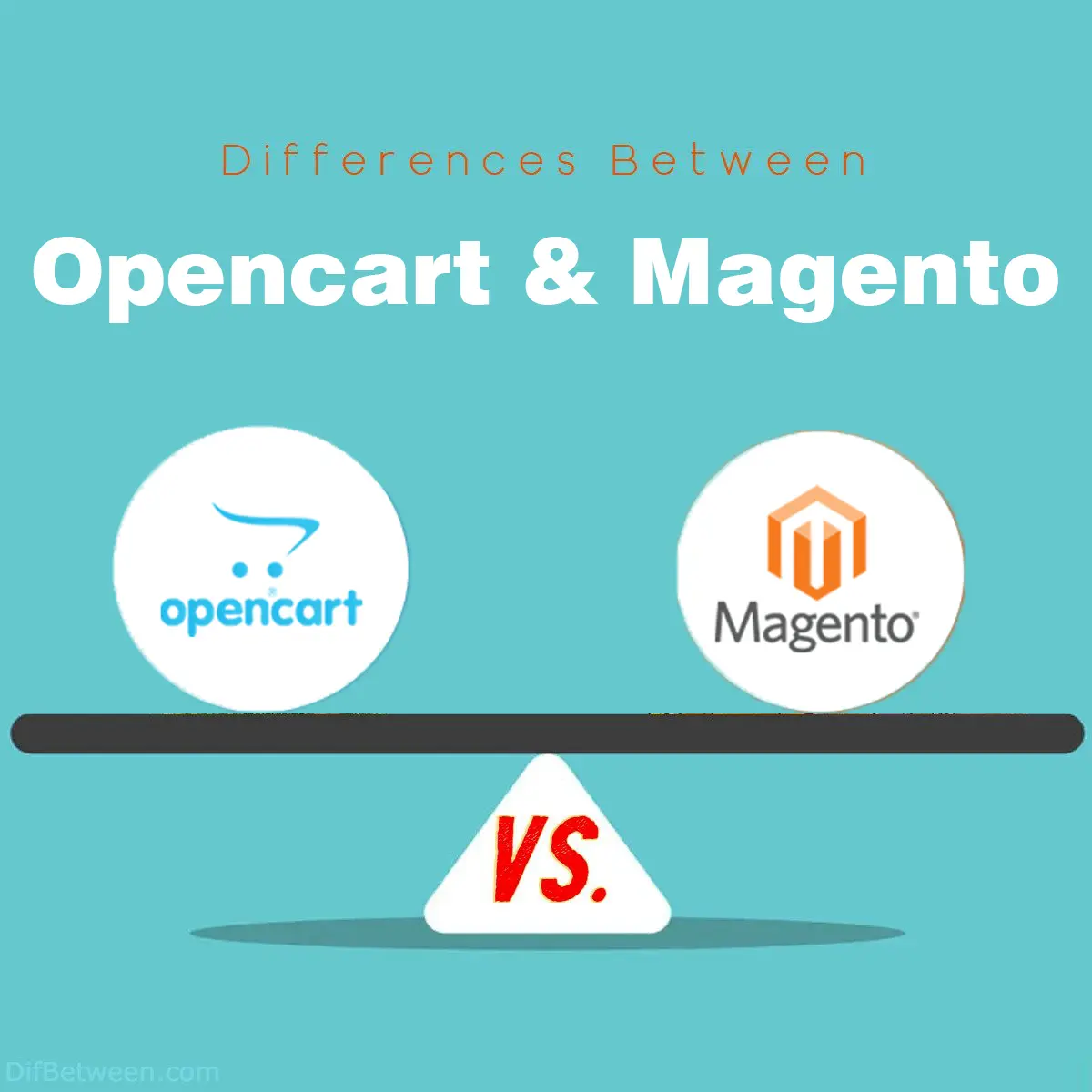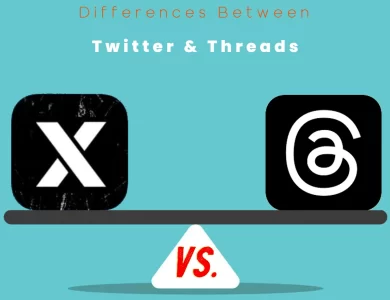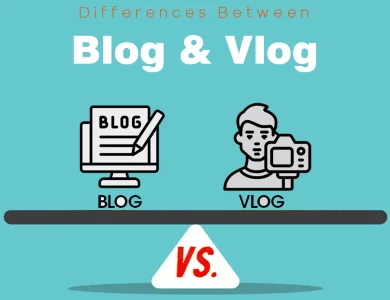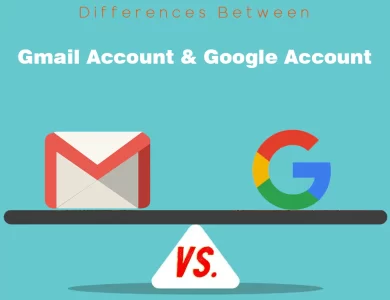
| Aspect | OpenCart | Magento |
|---|---|---|
| Pricing Model | Open-source and free | Free (Open Source) / Paid (Commerce) |
| Cost | No upfront cost | Licensing fees for Commerce edition |
| Target Audience | Small to medium-sized businesses | Medium to large enterprises |
| User-Friendly | Yes, beginner-friendly interface | More complex, requires expertise |
| Learning Curve | Low | High |
| Developer Skills | Basic web skills sufficient | Advanced development skills needed |
| Scalability | Limited scalability options | Highly scalable |
| Performance | Suitable for small to medium businesses | Suitable for large enterprises |
| Optimization | Basic performance optimization | Advanced optimization features |
| Customization | Good range of themes and extensions | Highly customizable |
| Flexibility | Less flexible compared to Magento | Extremely flexible |
| Extensibility | Extensions available, but limited | Extensive extension marketplace |
| Security | Basic security features | Advanced security features |
| Updates | Regular updates required | Regular security updates |
| Compliance | Complies with security standards | Strong focus on compliance |
| Community | Active community support | Strong community and official support |
| Dedicated Support | Limited official support | Dedicated support for Magento Commerce users |
| Mobile Responsiveness | Responsive themes | Mobile-commerce focus |
| SEO Features | Basic SEO capabilities | Advanced built-in SEO tools |
| SEO Extensions | May require additional extensions | Comprehensive SEO features |
| Payment Options | Supports various gateways | Extensive payment integrations |
| Shipping Options | Supports multiple carriers | Wide range of shipping options |
| Third-Party Integrations | Good selection | Extensive integration options |
In the bustling world of e-commerce, choosing the right platform can make or break your online business. Two popular contenders in this arena are OpenCart and Magento. Each of them has its own set of strengths and weaknesses. In this comparison, we will delve into the key differences between OpenCart and Magento, shedding light on the aspects that matter most to online merchants.
Differences Between Opencart and Magento
The main differences between OpenCart and Magento lie in their pricing structures, scalability, and customization capabilities. OpenCart is an open-source platform suitable for small to medium-sized businesses, offering a budget-friendly option with a user-friendly interface. Magento, on the other hand, caters to medium to large enterprises, providing advanced scalability, extensive customization options, and a strong focus on security and compliance. While OpenCart is easy to set up and cost-effective, Magento excels in handling high traffic volumes, supporting intricate customization, and ensuring top-tier security standards. Ultimately, the choice between OpenCart and Magento depends on the size and complexity of your e-commerce venture, as well as your specific business requirements.
1. Pricing and Licensing
One of the fundamental differences between OpenCart and Magento lies in their pricing and licensing models.
OpenCart
OpenCart takes the approach of being open-source and free to use. You can download, install, and customize the platform without any upfront costs. This makes it an attractive option for startups and small businesses with limited budgets. However, keep in mind that you may need to invest in additional extensions and themes to enhance functionality and design.
Magento
Magento, on the other hand, offers two editions: Magento Open Source (formerly Community Edition) and Magento Commerce (formerly Enterprise Edition). Magento Open Source is free to use, similar to OpenCart. However, Magento Commerce is a premium solution that comes with advanced features and support but involves licensing fees based on your business’s revenue. This makes Magento Commerce a more suitable choice for large enterprises with substantial budgets.
| Aspect | OpenCart | Magento |
|---|---|---|
| Pricing Model | Open-source and free | Free (Open Source) / Paid (Commerce) |
| Cost | No upfront cost | Licensing fees for Commerce edition |
| Target Audience | Small to medium-sized businesses | Medium to large enterprises |
2. Ease of Use
The ease of use is a crucial factor when deciding on an e-commerce platform, especially for those who may not be tech-savvy.
OpenCart
OpenCart is known for its user-friendly interface and relatively simple setup process. It doesn’t require advanced technical skills to get started. You can quickly set up your online store, add products, and manage content without a steep learning curve. This makes it an excellent choice for beginners in e-commerce.
Magento
Magento, on the other hand, has a steeper learning curve. It’s a robust platform with a wide range of features, but this complexity can be overwhelming for newcomers. Magento may require more time and expertise to configure and customize, making it better suited for experienced developers or businesses with the resources to hire them.
| Aspect | OpenCart | Magento |
|---|---|---|
| User-Friendly | Yes, beginner-friendly interface | More complex, requires expertise |
| Learning Curve | Low | High |
| Developer Skills | Basic web skills sufficient | Advanced development skills needed |
3. Scalability and Performance
As your e-commerce business grows, scalability and performance become critical considerations.
OpenCart
OpenCart is a lightweight platform suitable for small to medium-sized businesses. While it can handle a reasonable number of products and traffic, it may face performance issues when dealing with large catalogs or high visitor loads. You can improve performance with optimizations, but there are limits to its scalability.
Magento
Magento excels in scalability and performance. It’s designed to handle large catalogs and high traffic volumes out of the box. Magento Commerce, in particular, offers advanced caching, indexing, and database optimization features that enhance performance further. This makes it a top choice for enterprises and businesses with aggressive growth plans.
| Aspect | OpenCart | Magento |
|---|---|---|
| Scalability | Limited scalability options | Highly scalable |
| Performance | Suitable for small to medium businesses | Suitable for large enterprises |
| Optimization | Basic performance optimization | Advanced optimization features |
4. Customization and Flexibility
The ability to customize your online store according to your unique needs and branding is a crucial aspect of any e-commerce platform.
OpenCart
OpenCart provides a decent level of customization through its wide range of themes and extensions available in the marketplace. While it’s not as flexible as Magento, it offers enough options for most small and medium-sized businesses to create a tailored online presence.
Magento
Magento is renowned for its flexibility and extensibility. It allows you to customize nearly every aspect of your online store, making it a perfect choice for businesses with specific requirements. The Magento marketplace offers a vast array of extensions and themes, giving you the tools to create a highly customized and feature-rich e-commerce site.
| Aspect | OpenCart | Magento |
|---|---|---|
| Customization | Good range of themes and extensions | Highly customizable |
| Flexibility | Less flexible compared to Magento | Extremely flexible |
| Extensibility | Extensions available, but limited | Extensive extension marketplace |
5. Security
Security is a top priority for online businesses, as they deal with sensitive customer data and financial transactions.
OpenCart
OpenCart provides basic security features and is generally considered secure when kept up-to-date. However, being an open-source platform, it may be more susceptible to security vulnerabilities if not properly maintained. It’s crucial to regularly apply updates and security patches.
Magento
Magento places a strong emphasis on security. Magento Commerce, in particular, offers advanced security features and regular security updates. It’s a preferred choice for businesses that prioritize the protection of customer data and want to meet strict security standards.
| Aspect | OpenCart | Magento |
|---|---|---|
| Security | Basic security features | Advanced security features |
| Updates | Regular updates required | Regular security updates |
| Compliance | Complies with security standards | Strong focus on compliance |
6. Community and Support
Having a strong community and reliable support is essential for troubleshooting issues and getting help when needed.
OpenCart
OpenCart has an active community of users and developers who contribute to forums and provide assistance. However, the level of support may vary, and you might need to rely on community-driven solutions for certain issues.
Magento
Magento boasts a robust community and offers various support options, including official documentation, forums, and a network of certified developers and partners. Magento Commerce users benefit from dedicated support, making it a solid choice for businesses that require reliable assistance.
| Aspect | OpenCart | Magento |
|---|---|---|
| Community | Active community support | Strong community and official support |
| Dedicated Support | Limited official support | Dedicated support for Magento Commerce users |
7. Mobile Responsiveness
In the age of smartphones, ensuring that your online store is mobile-friendly is paramount.
OpenCart
OpenCart themes are generally responsive, meaning they adapt to different screen sizes and devices. However, the level of responsiveness can vary depending on the theme you choose. It’s essential to select a responsive theme for the best mobile experience.
Magento
Magento offers responsive themes as well, and its platform is designed with mobile commerce in mind. It provides a seamless shopping experience across various devices, making it suitable for businesses targeting mobile shoppers.
| Aspect | OpenCart | Magento |
|---|---|---|
| Mobile Responsiveness | Responsive themes | Mobile-commerce focus |
8. SEO Capabilities
Search engine optimization (SEO) is critical for driving organic traffic to your online store.
OpenCart
OpenCart provides basic SEO features, allowing you to optimize meta tags, URLs, and product descriptions. While it’s suitable for basic SEO needs, it may require additional extensions for advanced SEO capabilities.
Magento
Magento offers robust built-in SEO features, including customizable URLs, meta tags, sitemaps, and SEO-friendly navigation. It also supports structured data markup, making it a powerful tool for businesses that want to excel in organic search rankings.
| Aspect | OpenCart | Magento |
|---|---|---|
| SEO Features | Basic SEO capabilities | Advanced built-in SEO tools |
| SEO Extensions | May require additional extensions | Comprehensive SEO features |
9. Payment and Shipping Options
Providing a variety of payment and shipping options is essential to cater to a diverse customer base.
OpenCart
OpenCart supports a range of payment gateways and shipping methods, including popular options like PayPal and UPS. You can easily integrate additional payment and shipping options using extensions.
Magento
Magento offers extensive payment and shipping integrations, making it suitable for businesses with complex needs. It supports multiple payment gateways, tax rules, and shipping carriers out of the box, reducing the need for third-party extensions.
| Aspect | OpenCart | Magento |
|---|---|---|
| Payment Options | Supports various gateways | Extensive payment integrations |
| Shipping Options | Supports multiple carriers | Wide range of shipping options |
10. Third-Party Integrations
The ability to integrate with third-party tools and services can streamline your e-commerce operations.
OpenCart
OpenCart offers a decent selection of third-party integrations and extensions through its marketplace. While it covers essential integrations, it may not have as extensive a library as Magento.
Magento
Magento boasts a vast ecosystem of third-party integrations and extensions, thanks to its popularity and wide user base. You can easily connect your store to various marketing, analytics, and CRM tools, enhancing your business operations.
| Aspect | OpenCart | Magento |
|---|---|---|
| Third-Party Integrations | Good selection | Extensive integration options |
Opencart or Magento : Which One is Right Choose for You?
Choosing between OpenCart and Magento depends on your specific business needs, budget, technical expertise, and long-term goals. To help you make the right choice, let’s explore scenarios where each platform shines:
Choose OpenCart If:
- You’re a Small to Medium-sized Business: OpenCart is a great choice for startups and SMBs with limited budgets. Its open-source nature means there are no upfront licensing fees, making it cost-effective.
- Ease of Use is a Priority: If you’re not tech-savvy or lack experience in e-commerce, OpenCart’s user-friendly interface and low learning curve make it an excellent option to quickly set up your online store.
- You Don’t Require Advanced Features: If your online store has straightforward requirements and you don’t need complex features, OpenCart provides the basics for managing products, content, and orders.
- You Don’t Plan Extensive Customization: While OpenCart offers customization options, it’s less flexible than Magento. If you’re happy with existing themes and extensions without heavy modifications, OpenCart can suffice.
- You’re Comfortable with a Supportive Community: OpenCart has an active community that can provide assistance. If you’re open to community-driven solutions for support, this platform can work well.
Choose Magento If:
- You’re a Medium to Large Enterprise: Magento, particularly Magento Commerce, is designed for businesses with significant budgets and complex needs. It offers scalability and advanced features suitable for large enterprises.
- You Need High Performance: If your business anticipates high traffic or manages a large product catalog, Magento’s robust performance capabilities and optimization features are a significant advantage.
- Customization is Vital: For businesses that require extensive customization to meet specific branding and functionality needs, Magento’s flexibility and extensibility are unmatched.
- You Prioritize Security and Compliance: Magento places a strong emphasis on security and compliance, making it a top choice for businesses handling sensitive customer data and financial transactions.
- You Want Comprehensive Support: Magento offers a range of support options, including official documentation, forums, certified developers, and dedicated support for Commerce users. If you require reliable assistance, it’s a solid choice.
- Mobile Commerce is Important: If a significant portion of your customers shops on mobile devices, Magento’s mobile-commerce focus ensures an optimized experience across various screens.
In conclusion, OpenCart is ideal for small to medium-sized businesses with simpler requirements and limited budgets. On the other hand, Magento shines for medium to large enterprises that demand high performance, extensive customization, and robust security features. Ultimately, your choice should align with your business’s unique needs and long-term growth plans.
FAQs
OpenCart is an open-source e-commerce platform that allows businesses to create and manage their online stores. It provides a user-friendly interface and a range of features for selling products and services online.
Magento is a powerful e-commerce platform known for its scalability and customization options. It offers both a free, open-source version (Magento Open Source) and a paid, enterprise-level edition (Magento Commerce).
The main differences include pricing (OpenCart is free, while Magento Commerce is paid), scalability (Magento is more scalable for large enterprises), customization (Magento offers extensive customization options), and security (Magento places a strong focus on security and compliance).
Yes, OpenCart is a good choice for small to medium-sized businesses due to its affordability and user-friendly interface. It’s relatively easy to set up and manage, making it accessible for those with limited technical expertise.
Yes, Magento, especially the Commerce edition, is designed for medium to large enterprises. It offers advanced features, scalability, and customization options that cater to the complex needs of larger businesses.
Magento has advanced built-in SEO tools, making it a strong choice for businesses aiming to improve their search engine rankings. While OpenCart offers basic SEO capabilities, Magento provides more comprehensive SEO features.
Yes, both OpenCart and Magento allow for customization. However, Magento offers greater flexibility and extensibility, making it better suited for businesses that require extensive modifications and unique branding.
Magento provides a more comprehensive support ecosystem, including official documentation, forums, certified developers, and dedicated support for Commerce users. OpenCart also has an active community, but Magento’s support options are more extensive.
Yes, both OpenCart and Magento offer mobile-responsive themes. However, Magento places a stronger emphasis on mobile commerce, ensuring an optimized shopping experience across various devices.
While OpenCart is open-source and free to use, you may need to invest in additional extensions and themes for added functionality. Magento Commerce involves licensing fees and may have higher associated costs due to its premium features.
Read More :
Contents






